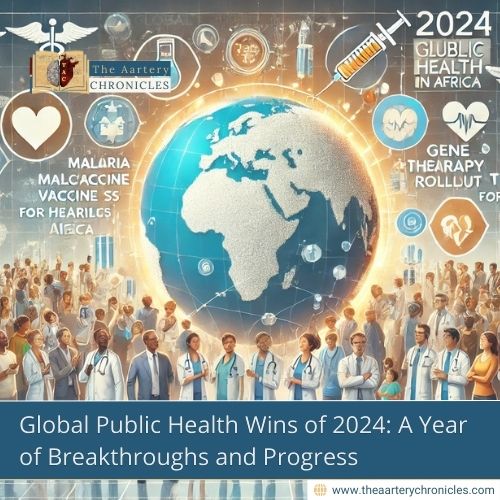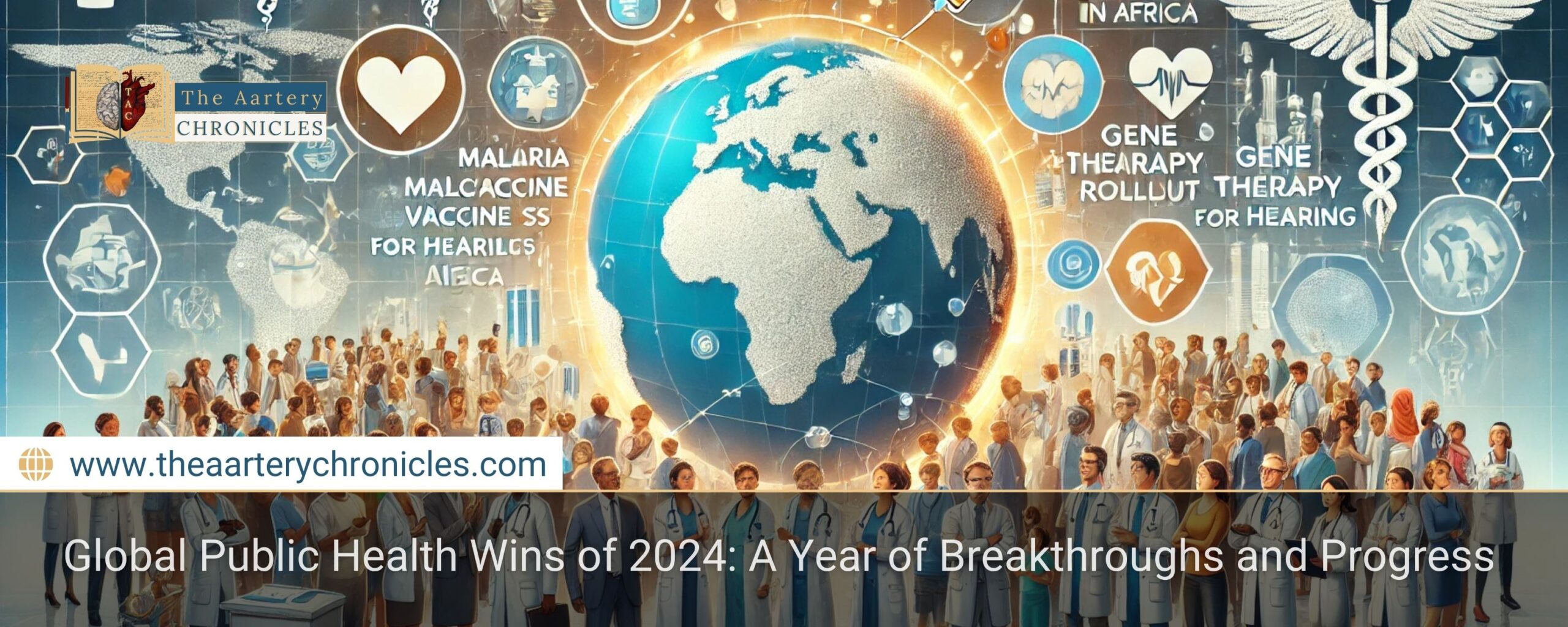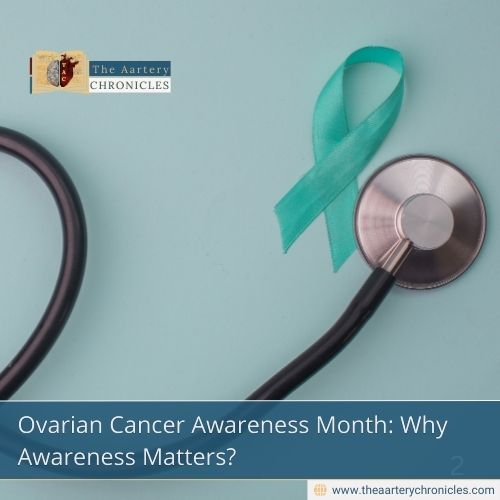

Global Public Health Wins of 2024: A Year of Breakthroughs and Progress
Introduction
2024 has been a testament to the power of public health initiatives, scientific advancements, and policy reforms in improving global well-being. Despite challenges, remarkable achievements have been made in disease prevention, healthcare accessibility, and environmental safety, transforming lives across continents.
From vaccine breakthroughs to regulatory policies addressing long-standing health concerns, these successes reflect global efforts to create a healthier and more equitable world. Here are some of the most significant public health wins of 2024 worldwide.
1. Historic Malaria Vaccine Rollout in Africa
In 2024, 17 African nations began rolling out the R21/Matrix-M malaria vaccine, a significant step in combating malaria—a disease that claimed nearly 600,000 lives in 2023, primarily among children.
Impact on Child Mortality
- A 13% drop in child deaths from all causes was observed in high-burden malaria regions after vaccine introduction.
- The vaccines are expected to save tens of thousands of young lives each year as they continue to scale up.
Fourteen countries, including Cameroon, Burkina Faso, Sierra Leone, Benin, Liberia, Côte d’Ivoire, South Sudan, Mozambique, Central African Republic, Niger, Chad, DRC, Sudan, and Nigeria, introduced the vaccine in 2024.
By 2025, 8 more countries plan to implement the vaccine, while 13 nations have secured Gavi support for expanded immunization programs. The World Health Organization (WHO) now recommends both RTS,S and R21/Matrix-M vaccines for children in malaria-endemic areas, prioritizing regions with moderate to high transmission. [1]
2. Gene Therapy Brings Hope to Children with Hearing Loss
Medical science has achieved a revolutionary breakthrough with gene therapy successfully restoring hearing in children born deaf due to OTOF gene mutations. In a trial involving six children aged 1 to 7, five showed significant improvement in recognizing sound as speech.
This advancement in genetic medicine paves the way for:
- Future treatments for inherited conditions
- More targeted therapies for hearing loss
- Expanding gene therapy applications in other genetic disorders
The success of this therapy highlights the potential of precision medicine in transforming lives. [2]
3. Rwanda’s Rapid Response Halts Marburg Virus Outbreak
Rwanda demonstrated exemplary public health preparedness by swiftly containing an outbreak of the Ebola-like Marburg virus. Through swift governmental action, robust surveillance, and effective community engagement, Rwanda prevented a major outbreak.
This response sets an example for epidemic preparedness and rapid containment, reinforcing the importance of:
- Early detection and response systems
- Public health infrastructure investment
- Strong international collaboration in outbreak management
With global concerns over emerging infectious diseases, Rwanda’s success is a blueprint for future outbreak control strategies. [3]
4. U.S. Sees First Decline in Opioid Overdose Deaths in a Decade
The opioid crisis has been a devastating public health issue, particularly in North America. However, 2024 saw a 14% drop in overdose deaths in the U.S., saving approximately 16,000 lives.
Key factors contributing to this decline include:
- Investment in treatment, intervention, and mental health services
- Increased access to opioid use disorder medications, such as buprenorphine and methadone
- Naloxone (Narcan), an overdose-reversing drug, is now available over the counter
- Availability of fentanyl test strips and other drug testing equipment to help prevent overdose deaths
- Tighter regulations on opioid prescriptions
- Increased public awareness about substance use disorders
This progress represents a major shift in the fight against substance abuse and reinforces the need for continued harm reduction strategies worldwide. [4]
5. Europe’s Landmark Ban on Harmful Chemicals from Materials in Food Contact
In a bold move to improve food safety, the European Union implemented a ban on bisphenol A (BPA), a hazardous chemical commonly found in food and drink packaging that is linked to serious health risks.
Under the new ban, BPA can no longer be used in:
- Coatings on metal cans
- Reusable plastic drink bottles
- Water coolers and kitchen utensils
Bisphenol A (BPA) is classified as a hazardous chemical by the European Chemical Agency (ECHA) due to its serious health risks. Exposure to BPA can result in serious eye damage, allergic skin reactions, and respiratory irritation. It is also known to disrupt the endocrine system, leading to hormonal imbalances that can affect overall health. Additionally, BPA has been linked to damage to fertility and the reproductive system, making it a significant concern for long-term health.
By removing BPA from common consumer products, public health policies are reducing widespread exposure and protecting populations from the risks associated with these chemicals. [5]
6. India Expands Universal Health Coverage (UHC)
Big dreams can feel overwhelming, but success comes from taking small, consistent steps. Instead of focusing on achieving large goals all at once, break them down into manageable actions. Consider it like building a house—one brick at a time. Each small effort contributes to the bigger structure. Small goals, like exercising regularly or reading daily, create a strong foundation for bigger achievements. These actions compound over time, leading to significant transformation. By focusing on what you can control today, you gain clarity, momentum, and the ability to enjoy the journey toward your bigger aspirations.
7. Cervical Cancer Elimination Becomes a Global Priority
Cervical cancer, caused by the human papillomavirus (HPV), is one of the most preventable cancers. In 2024, a major step was taken toward eliminating cervical cancer worldwide.
A significant milestone in this effort was the first Global Cervical Cancer Elimination Forum, held from March 5–7, 2024. This historic event brought together leaders from ministries of health, development partners, multilateral institutions, UN agencies, and civil society to accelerate efforts toward eliminating cervical cancer.
Key outcomes of the forum include:
- A pledge of nearly US$600 million to expand access to prevention and treatment
- Commitment to scaling up HPV vaccination, HPV testing, and ablative treatment devices
- Targeted focus on high-burden regions, particularly in African countries
This game-changing commitment gives hope to millions of women worldwide and strengthens the global push to make cervical cancer the first cancer to be eliminated through coordinated public health action. [7]
8. Brazil’s Breakthrough in Mosquito-Borne Disease Control
Dengue fever and Zika virus have long been serious public health challenges in Latin America. However, Brazil achieved a breakthrough in 2024 by implementing Wolbachia technology to combat these mosquito-borne diseases.
How does Wolbachia technology work?
- Wolbachia bacteria is introduced into Aedes aegypti mosquitoes.
- It blocks the ability of mosquitoes to transmit dengue, Zika, and chikungunya viruses.
- Major reductions in dengue cases have been observed in countries using this method.
This breakthrough represents a sustainable, environmentally friendly approach to combating mosquito-borne diseases, particularly in tropical and subtropical regions. [8]
Conclusion
The public health wins of 2024 reflect a global commitment to disease prevention, healthcare innovation, and policy-driven change. These achievements demonstrate that investing in public health initiatives can lead to transformative outcomes, saving millions of lives and enhancing quality of life worldwide.
As we move forward, continued scientific research, global cooperation, and proactive policymaking will be essential in sustaining these victories and tackling future health challenges.
The journey toward a healthier world is ongoing, but 2024 has shown that remarkable progress is possible—one breakthrough at a time.
- Life-saving malaria vaccines reach children in 17 endemic countries in 2024
- Experimental Gene Therapy Enables Hearing in Five Children Born Deaf | Harvard Medical School
- RBC: Rwanda Declares End of Marburg Virus Disease Outbreak
- Overdose Deaths Are Finally Starting to Decline. Here’s Why. | Scientific American
- Commission adopts ban of Bisphenol A in food contact materials - European Commission
- Press Release: Press Information Bureau
- Global cervical cancer elimination forum-advancing the call to action
- worldmosquitoprogram.org
- Symbiotic Wolbachia in mosquitoes and its role in reducing the transmission of mosquito-borne diseases: updates and prospects - PMC









